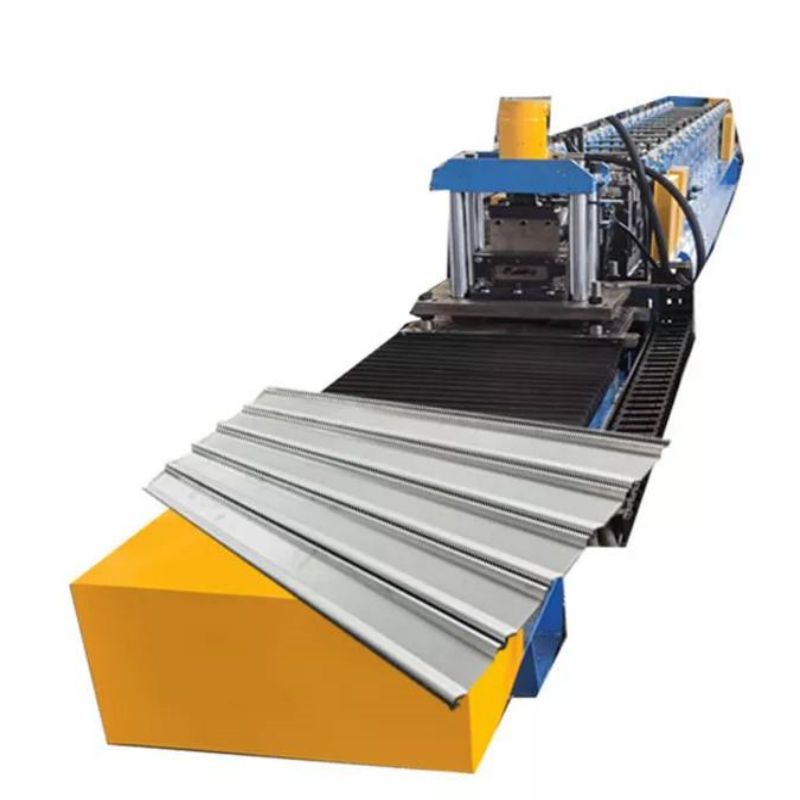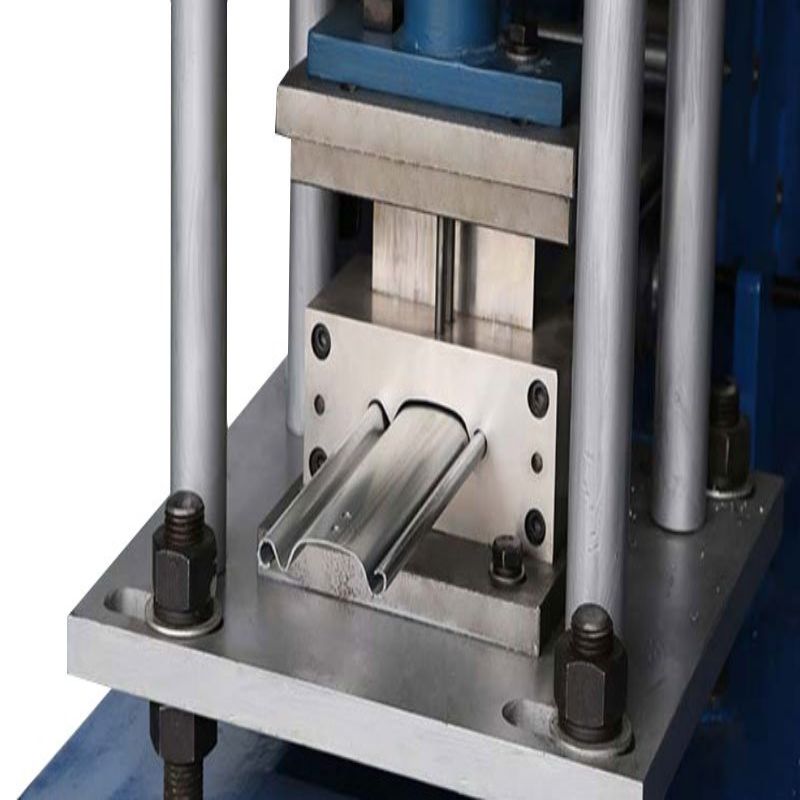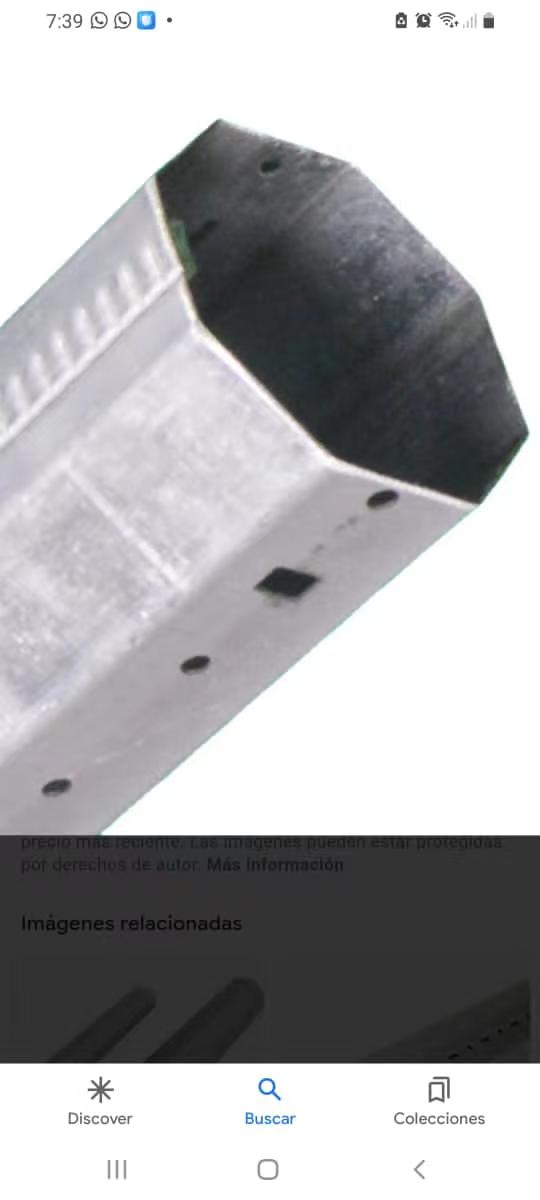



 If your garage door starts rattling and rattling, chances are it needs attention. Over time, moisture and natural oxidation can cause rust and wear. These effects can make a garage door open more like gravel in a coffee can than a well-oiled car. If you’ve ever heard the garage door spring finally burst, you know it’s a whole other level of shock.
If your garage door starts rattling and rattling, chances are it needs attention. Over time, moisture and natural oxidation can cause rust and wear. These effects can make a garage door open more like gravel in a coffee can than a well-oiled car. If you’ve ever heard the garage door spring finally burst, you know it’s a whole other level of shock.
The best garage door lubricant can help prevent operational problems and keep your garage doors and their components running as long as possible. These products help resist moisture, reduce oxidation, and protect metal parts such as hinges, rails, and rollers from friction. Read on to learn about some of the best garage door lubricants.
Before you start spraying garage door lubricant under your kitchen sink, there are a few things you should know. Some lubricants don’t perform well at high or low temperatures, and most create a messy drip situation. It’s best to do some research to make sure you’re choosing the best garage door lubricant for your situation.
Here are some of the most important things to consider when shopping for garage door lubricant. Keep them in mind when shopping to make sure the whole process runs as smoothly as possible.
While there are quite a few products known as lubricants, two types work best for garage doors: silicone and lithium. Both of these work very well, but one may be more suitable for a particular application than the other, and applying both types to different components can be a winning recipe.
Keep in mind that while most garage door components are made of metal, other materials are used in working garage door components. Many rollers are made of plastic or nylon, and the seals are usually rubber. The two main types of lubricant bases mentioned below are safe for any of these materials.
There are also oil-based lubricants, but unless it’s a specific garage door compound, they aren’t always the most reliable option. They can dissipate too quickly or become less effective at extreme temperatures. They are also prone to dripping or “hanging” off rotating parts.
Like all lubricants, garage door lubricant comes in many forms. The two most common types of garage doors are oil and spray.
Before you decide which product to buy, you should consider how you plan to use it. Some products are better than others for certain aspects of garage door lubrication. The ideal lubricant may actually include both products.
If you’re planning on refinishing wheels and pivots, spray lube is probably the best option for you. You will be able to target the product where it needs to be, allowing it to penetrate easily.
If you want to protect your rails and tracks, you might want to consider lube. Despite contamination, the lubricant lasts a long time and is probably the best choice for these applications. Keep a rag handy to wipe off any excess grease and use it as a spray background to help reduce the chance of a mess.
Longevity can be a complex issue. While lubricants should be used for as long as possible, many manufacturers recommend using their products on a monthly basis. While monthly maintenance will certainly help your garage door last as long as possible, it may not be feasible or even necessary.
The trick is to develop a habit of oiling or lubricating your garage door before you need to, but not so often that your door drips with grease. This interval depends on many factors, including the condition of the gate, fluctuations in temperature and weather where you live, and how often you use your garage door. Some lubricants last up to a year, but this depends on the specific garage door and climate.
If your garage door isn’t working properly, it’s important to determine the cause of the problem before deciding on an oiling interval.
How you use your lubricant depends a lot on choosing the right product. Aerosol lubricant is obviously the easiest to use in most cases. They come with a long, reusable straw that helps you spray precisely into hard-to-reach areas, but you can also remove the straw for quick coverage of tracks and rails.
Lubricants can be a problem, but their protective and lubricating properties can be worth the effort. They may require a brush, gloved fingers, or a toothpaste-like tube to use. It can be difficult to get these pastes and lubricants into tight corners, but you can put in the effort with a fine tip brush or toothbrush. Just be sure to use these tools for lubrication only, as they will be ill-suited for their intended use once you’ve lubricated your garage door.
Now that you know what characteristics to consider when choosing the best garage door lubricant, you can start shopping. Below is a list of some of the best garage door lubricants. Be sure to keep all of these important considerations in mind so that you can easily maintain and/or repair your garage door.
If your garage door already looks better, there may be other issues that need to be addressed before oiling. Gasoila Penetrating Oil simplifies this two-step process into one. This penetrating oil not only lubricates but also removes rust and deposits to easily release stuck components.
Free All has an oil based formula that contains 35% rust removal chemicals, 30% corrosion chemicals and 35% lubricants. The result is a silicone-free, lithium-free lubricant that refreshes and protects your garage door components. It comes with a removable straw for concentrated spraying, but it also works on tracks and rails with the standard nozzle.
Blaster Garage Dr Lube is an easy-to-use, non-staining high quality silicone lubricant formulated with Teflon for an oily feel that won’t rub against small metal garage door parts. Specially formulated for quiet operation, this grease has a thick coating that easily penetrates gears and joints and comes with a removable spray wand.
Simply press and hold the button for a controlled and stable drip-free spray in easy to reach areas. Plus, you can use it during the colder months without worrying about it getting cold, and it repels any dust and debris that may be building up in your garage.
When it comes to creating a long lasting friction solution, no one can beat a high quality lubricant. Mission Automotive Dielectric Grease/Silicone Paste can provide this type of protection by doing its best to eliminate application problems. This bottle has a brush built into the lid, allowing you to apply lubricant exactly where you need it.
You can use Waterproof Mission Automotive Dielectric Grease/Silicone Paste for a variety of mechanical applications such as spark plugs and O-rings, but it’s especially good for lubricating rails and tracks, making it the perfect complement to a deep penetrating garage door maintenance spray.
If you’re looking to lubricate and protect garage door hinges, chains, and rails from extreme temperatures, WD-40 Professional Gel Lube may be the way to go. Containing a petroleum-based lubricant, this spray is sprayed as a gel that adheres to vertical surfaces and stays in place for up to a year. The formula has splatter-resistant properties that keep the smooth gel from splattering off moving parts like gears and chains.
One of the best qualities of WD-40 Professional Gel Lube is its resistance to cold. The product does not stick at lower temperatures but continues to lubricate down to -100°F. It also provides protection for up to 12 months per application.
If you’re looking for a product that can lubricate and protect multiple materials in one can, DuPont Teflon silicone lubricants are definitely worth a look. The formula works on metal, rubber, vinyl, leather and wood and is water resistant. It works great on garage doors as well as exercise equipment, bikes and sewing machines.
DuPont Teflon Silicone Lubricant is available in aerosol form and makes it easy to spray tracks and rails. It is ideal for wet garages and sheds because the silicone Teflon fluoropolymer helps wick away water and prevents it from corroding or damaging garage door components and fittings.
Gasoila Spray is an oil-based penetrating lubricant that reduces rust on tracks, rails and other metal components and is a reliable and durable garage door lubricant. As a budget alternative, the Blaster Garage Dr Lube Spray keeps your garage door quiet with its silicone base and removable straw applicator.
We’ve researched the most popular garage door lubricants in their respective categories and found that the best choice depends on their ingredients, shape, quantity, surface compatibility, and other features of leading brands.
When looking for the best garage door lubricant, the spray option is one of the most popular options due to its ease of use and effectiveness. While less popular, lubricant and paste formulations are water-resistant and durable. To provide a wide range of choices and to suit different preferences, the above list includes silicone and oil based formulations for a variety of materials and surfaces.
Most of our top picks also come in 8 to 11 ounce quantities, enough for a variety of applications on garage door rails, tracks, gears, springs, baseplates and chains. Select picks are also suitable for o-rings, spark plugs, bicycles and cars. Some products also come with a removable straw or brush for easy access.
You might think using garage door lubricant is easy. However, before you start spraying, rubbing, or applying lubricant to the moving parts of your garage door, there are a few things you need to know. First, always lubricate the moving parts of your garage door with the door fully closed to allow easy access to all metal parts. To be on the safe side, you should also power off your garage door to avoid unnecessary opening or moving parts.
Before applying lubricant, use a damp mat or vacuum cleaner to remove dirt and debris from garage door springs, chains, tracks, baseplates, and rails to keep metal parts running smoothly. Finally, after applying lube to the tracks, chains, and guides, be sure to spray any lube on any hinges, rollers, or locks you may have on the garage door itself to reduce friction.
Now that you know more about the best garage door lubricants, you may have questions about how they work and how to use them. Below are answers to the most frequently asked questions about garage door lubricant.
Standard WD-40 is good at removing rust but does not provide long term lubrication. On the other hand, WD-40 Professional Gel Lube adheres to surfaces and provides lubrication for up to 12 months.
Silicone is a great aerosol lubricant for garage doors. It reduces friction, provides moisture protection and withstands sudden changes in temperature.
To lubricate your garage door, be sure to spray the hinges, rollers, tracks, door springs, and any gears or chains that may be used by the garage door opener.
This question depends on many factors. Although each lubricant has its own recommendations for use, a fresh lubricant every few months is usually sufficient for most types. If your garage door is in poor condition or has experienced several extreme temperature changes, you may want to consider spraying it once a month. If your garage door won’t open or close, it’s probably not the lube that’s the problem. You may want to investigate other possible issues before using lubricant.
Post time: Jul-21-2023

